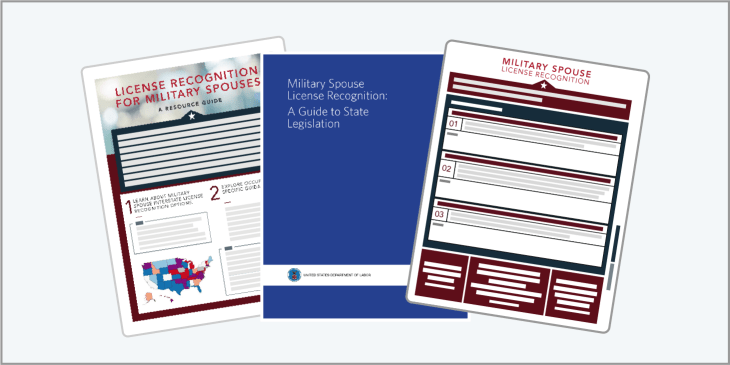Published on: Apr 20, 2021
Making sure your job advertisement reaches as many qualified candidates as possible starts with a great job title. Since most job seekers research job openings by searching by title, getting it right is imperative. And, because your listing is competing with thousands of others, an optimized job title will ensure that the most desired candidates are applying for your open position.
The Importance of an Optimized Job Title
According to Leonard Palomino in 5 Rules for Effective Job Titles, “As the first thing candidates see, in bold colored lettering, the job title has the greatest impact on whether candidates will click on a listing.” That’s why it is critical that the job title is optimized.
The job title should tell exactly what role needs to be filled. A good job title is the key to finding qualified potential employees for the position. Without an optimized title, candidates will not be able to find your job listing, or those that do find it might not be able to determine exactly what the title means. It is necessary, then, for employers to put effort into creating an effective job title. The following tips can help make sure you have an optimized job title:
Speak to the Audience
The job title must speak to multiple audiences---job seekers, hiring managers, and search engines---which makes the task at hand more challenging. Being clear about the level of seniority of the open position will help eliminate those that are not qualified for it.
Many times, companies use their own internal terminology, which can make the job title confusing for outside candidates. For example, “Project Manager—PM349865” might help categorize the job for the HR department, but it means nothing to an external candidate in terms of level or job expectations. It is best to leave numbers, abbreviations, and codes out of a job title and instead use terminology that makes sense to external candidates as well. In other words, if it isn’t going to help job seekers find your posting, do not include it in the job title.
Be Descriptive, Yet Concise
Short and sweet works best because if the employer gets too descriptive with the title, it will not be found in keyword searches. Instead, expand on the position title in the description. The title should specifically focus on what the job entails so it is searchable by the most-qualified candidates.
Job seekers need to be able to assess quickly if they will be a good fit for the job. It is best to be clear and descriptive, so you receive the best pool of candidates. As a general guideline, titles should range from 35 to 60 characters long, or about 3 to 5 words, max 8 words.
Not the Time to be Clever
Perhaps you think that a clever job title will get you the best candidates. However, the opposite can happen and very few or unqualified candidates will apply because the title is unclear and confusing. Candidates use specific keywords when searching for jobs. Susan Walsh, Director of Media Services at JobTarget advises, “You want the algorithms of job boards and search engines to work for you – not against you. To garner the best responses, communicate using appropriate industry terms that your talent audiences understand. Title your job postings in a way that clearly translate the role’s responsibilities and scope.” The more accurate the job title, the better-quality applicants you will receive.
Consistency is King
Search engines reward consistency with higher rankings. Therefore, the job title and location should be consistent in the page title, URL, and the body of the description. Consistency in spacing is important too so the job title does not appear crammed together and is easily readable to the job seeker, whether they are job searching on a mobile phone or laptop.
An optimized job title is effective in producing the greatest number of qualified candidates for a position. And once you have the perfect job title, JobTarget can help make sure it gets seen by the right candidates to find you the best suited one for your open position.

.svg)


